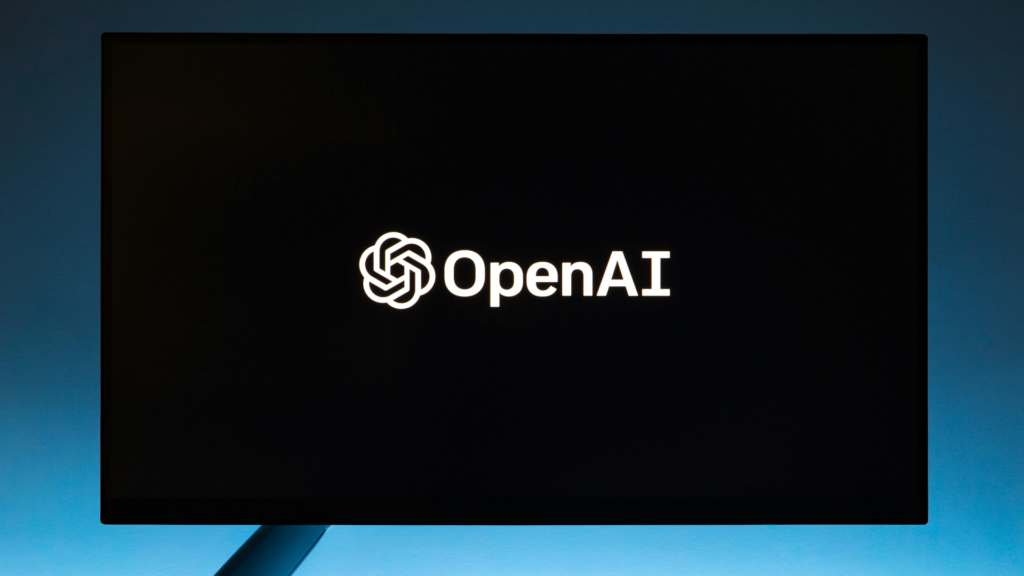In the 21st century, Artificial Intelligence (AI) is empowering real-time user experiences. After the successful launch of “ChatGPT” in November 2022, OpenAI is once again ready to add new dimensions to its AI research capabilities through “SearchGPT”. It has ventured into the AI-powered search engine with “SearchGPT” to challenge the dominance of Google in the internet search space.
It will make use of APIs and knowledge graphs to understand information and generate corresponding responses. Through such powerful use of deep learning concepts to provide verified information and facts along with credible links will make it a reliable and accurate search companion. It is ready to respond to user queries in real-time with source links and added features of asking follow-up questions along with contextual updates.
According to data from Statcounter, as of June 2024, Google is ruling the search engine market and holds a market share of more than 91%. The latest launch by OpenAI will challenge this existing market scenario for giants such as Google, and Bing. It claims to provide more relevant and up-to-date information from the web.
“SearchGPT” will be a system that is developed by OpenAI to merge AI-driven search functionality with real-time updates to maintain accurate and relevant information flow. It will implement mechanisms to evaluate and prioritize sources based on credibility and relevance. Advanced AI models that understand and contextualize information based on the latest developments and user queries will suffice for continuous learning.
OpenAI was founded as a non-profit organization in 2015 to tap the power of AI and the potential of Artificial General Intelligence for humanity. It will regularly update or train its new system to adapt to recent information, ensuring it remains relevant and effective. It can track changes in data/trends and update information or alerts in real time.
Thus, it will focus on improving traditional search engines by offering more precise and contextually relevant results. This will help researchers, analysts, and general internet users by aggregating and synthesizing real-time information from multiple sources. The proposed future integration of “SearchGPT” with “ChatGPT” has to unfold new possibilities in AI search technology to tap its unbound potential for the best of humanity.

